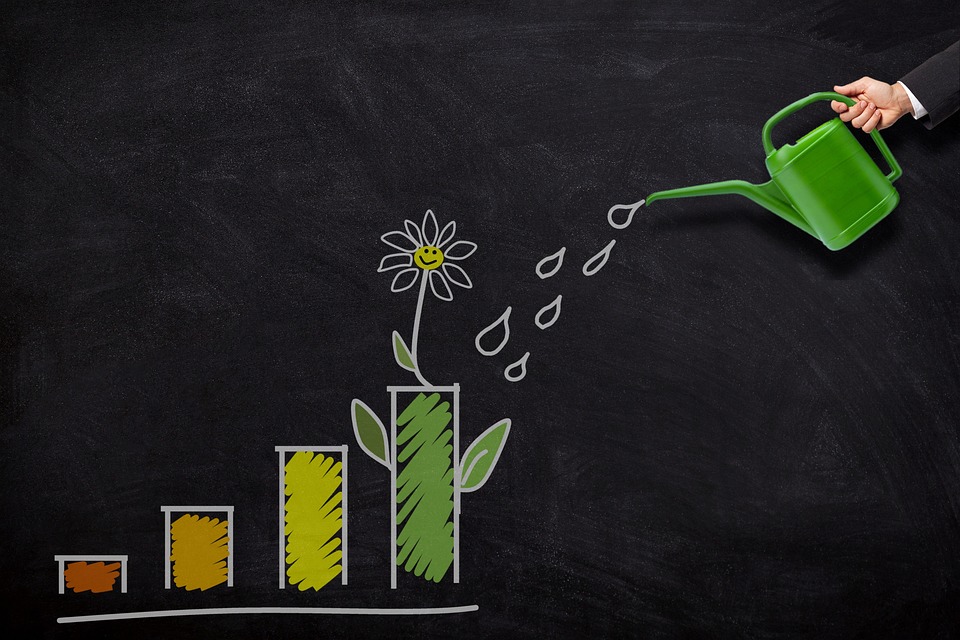Consumer confidence is a key indicator of economic strength that measures the level of optimism or pessimism that consumers feel about the overall state of the economy. It is a crucial component in determining the health of the economy as consumer spending accounts for a significant portion of economic activity.
When consumers feel confident about the economy, they are more likely to spend money on goods and services, which in turn drives economic growth. Conversely, when consumers are uncertain about the future and are hesitant to spend, it can lead to a decrease in economic activity and slow down growth.
There are several factors that can influence consumer confidence, including the overall health of the job market, personal finances, and economic policies. For example, when unemployment rates are low and wages are rising, consumers tend to feel more secure in their jobs and are more willing to spend. On the other hand, when job growth stagnates or wages are stagnant, consumers may feel less confident about the economy and be more inclined to save rather than spend.
Consumer confidence can also be influenced by external factors such as geopolitical events, natural disasters, or changes in government policy. For example, a trade war with a major trading partner can cause uncertainty among consumers and lead to a decrease in confidence.
Policymakers and economists closely monitor consumer confidence as it provides valuable insights into the future direction of the economy. High levels of consumer confidence can signal strong economic growth and potentially impact interest rates and monetary policy decisions. Conversely, low levels of consumer confidence can be a warning sign of an economic downturn and may prompt policymakers to take action to stimulate the economy.
In conclusion, consumer confidence is a crucial indicator of economic strength that can have a significant impact on the overall health of the economy. Monitoring consumer sentiment can provide valuable insights into consumer behavior and help policymakers make informed decisions to support economic growth. By paying attention to consumer confidence, businesses and policymakers can better navigate the economic landscape and anticipate future trends.
